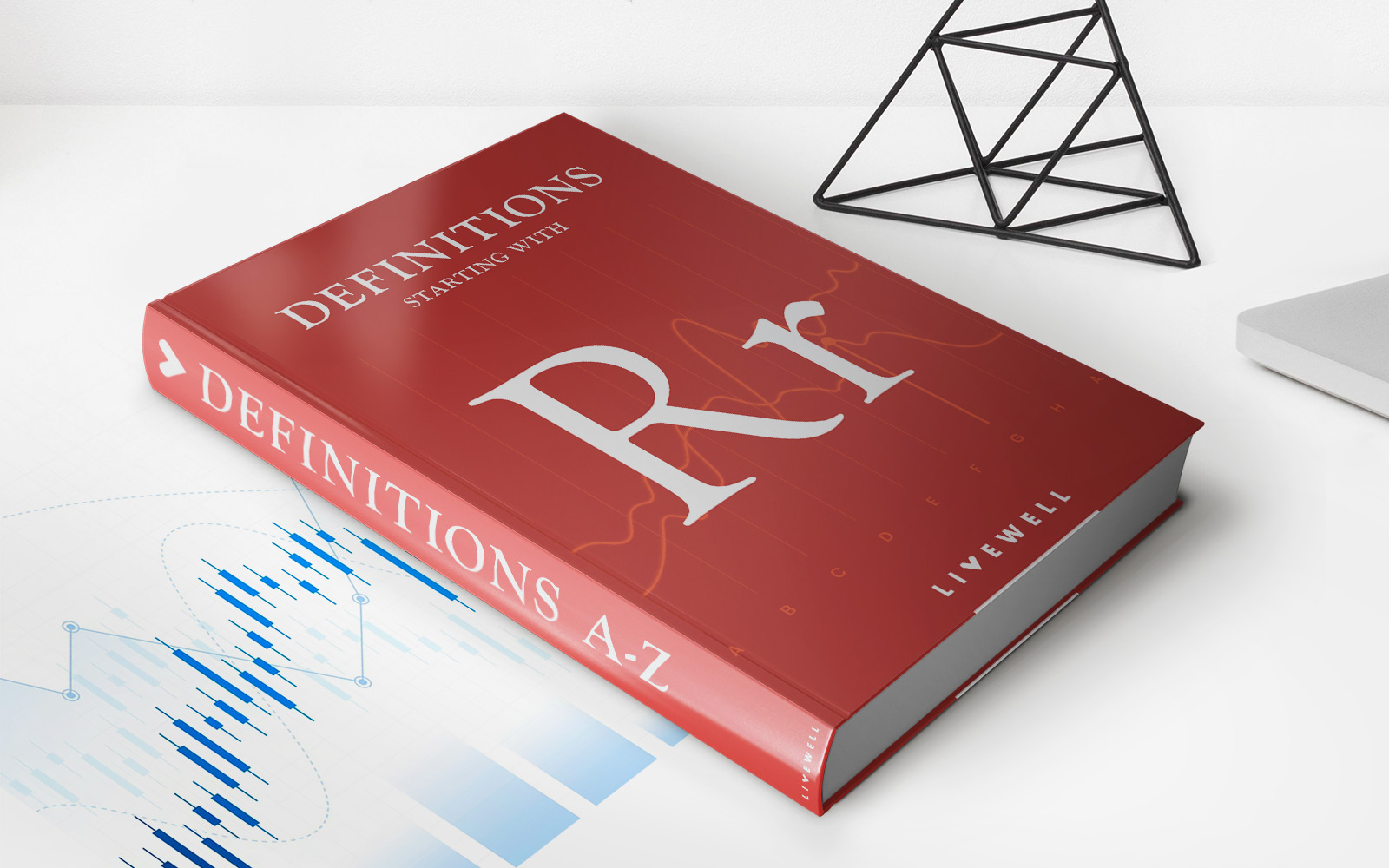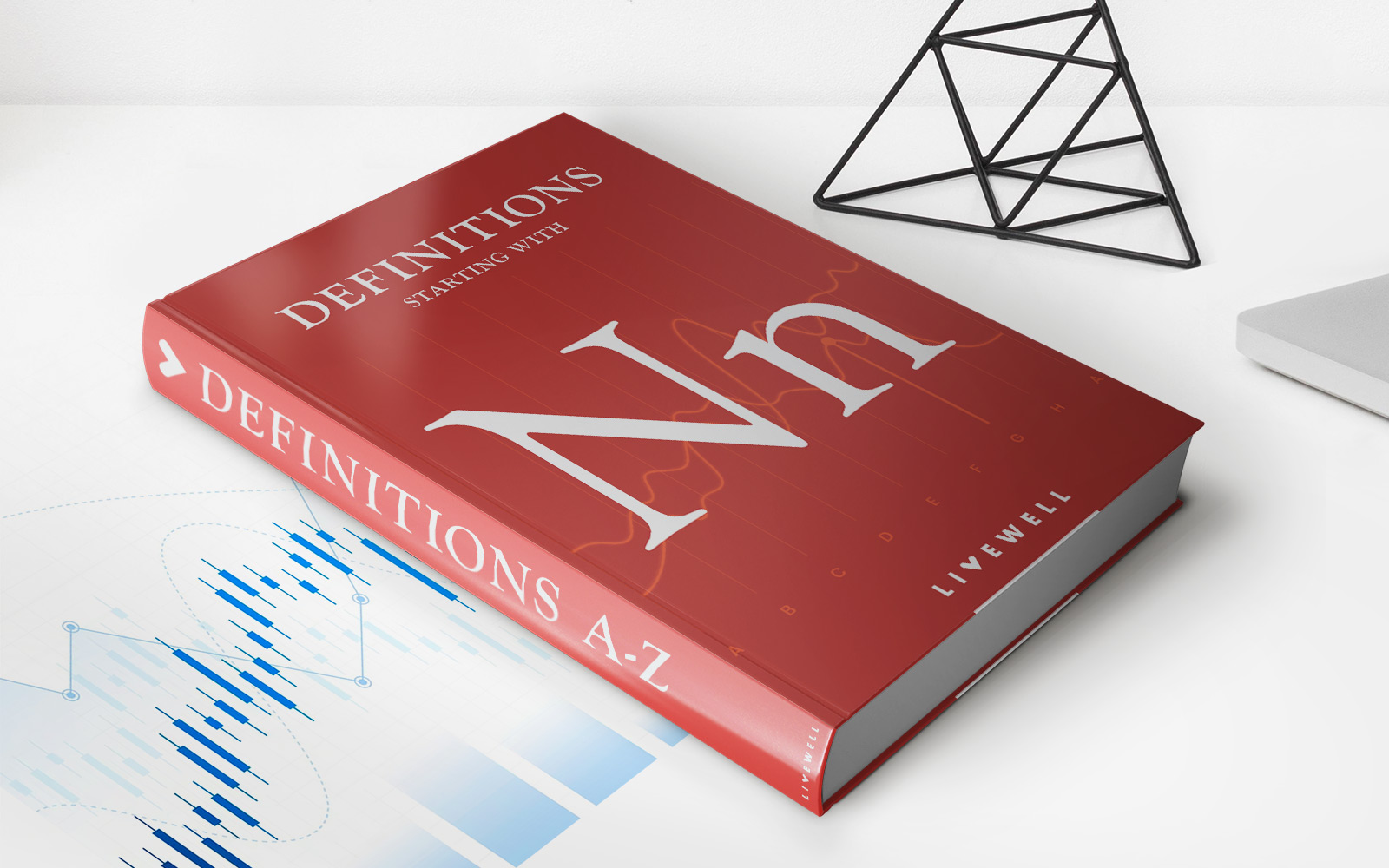Home>Finance>What Are Unclaimed Funds? Definition, How They Work, And Example


Finance
What Are Unclaimed Funds? Definition, How They Work, And Example
Published: February 12, 2024
Learn the definition of unclaimed funds in finance, discover how they work, and explore an example. Uncover the secrets to unlocking lost money and maximizing your financial opportunities.
(Many of the links in this article redirect to a specific reviewed product. Your purchase of these products through affiliate links helps to generate commission for LiveWell, at no extra cost. Learn more)
What Are Unclaimed Funds? Definition, How They Work, and Example
Welcome to the FINANCE category of our blog! In this post, we’ll be exploring the fascinating topic of unclaimed funds – what they are, how they work, and providing a real-life example to illustrate their importance. So, if you’ve ever wondered about unclaimed funds and want to learn more, keep reading!
Key Takeaways:
- Unclaimed funds are financial assets that have been abandoned or forgotten by their rightful owners.
- These funds can include uncashed checks, dormant bank accounts, unclaimed insurance policies, and more.
Now, let’s dive deeper into the world of unclaimed funds. Simply put, unclaimed funds refer to any financial assets or property that have been abandoned by their rightful owners. These funds can take various forms, such as uncashed checks, dormant bank accounts, unclaimed insurance policies, forgotten stocks or dividends, and even lost inheritances.
The process of funds becoming unclaimed typically occurs when individuals or businesses fail to claim or access their assets within a certain period of time. This time frame, known as the dormancy period, can vary depending on the jurisdiction and the specific type of asset involved. In some cases, it may range from a few months to several years.
So, how do unclaimed funds work? When an asset becomes unclaimed, financial institutions and government agencies make efforts to locate and reunite the funds with their rightful owners. These entities maintain databases or websites where individuals can search for and claim their unclaimed funds.
Here’s an example to illustrate the concept further: Let’s say you had a bank account with a certain bank, and due to a change in circumstances, you forgot about it. If the account remains inactive for a specific period of time, the bank may consider it as unclaimed funds. They would then transfer the assets to the appropriate government agency responsible for unclaimed funds.
Now, you might be wondering why unclaimed funds matter. Well, for one, if you are owed any unclaimed funds, reclaiming them can provide a much-needed financial boost. These funds could be sitting idle, earning no interest or dividends, while you struggle to make ends meet. Secondly, by reuniting individuals with their unclaimed funds, the process helps in maintaining financial transparency and ensuring that rightful owners have access to what is rightfully theirs.
In conclusion, unclaimed funds are financial assets or property that have been abandoned or forgotten by their rightful owners. Whether it’s an uncashed check, dormant bank account, or an unclaimed insurance policy, these funds can hold significant value. By understanding the concept of unclaimed funds and taking steps to reclaim them, you can potentially unlock a financial windfall!














